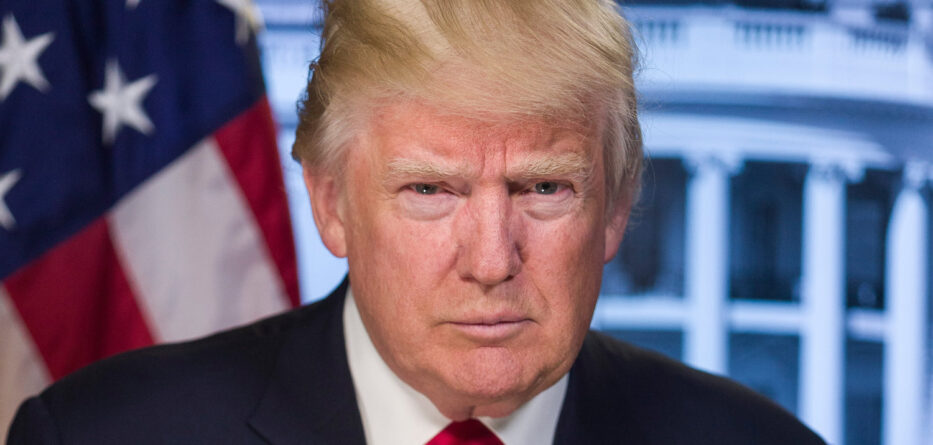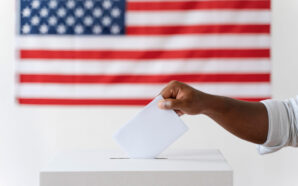The dictionary defines a psychological state of “denial” as a chemical mechanism of the body to adjust to disturbing situations: a form of psychological protection consisting of rejecting the truth and creating a mental pause to gradually assimilate it. The Mayo Clinic maintains that denial may be a good thing at first, but if it persists it has a “dark side”.
It has happened to all of us: when a very close loved one dies, immediately the spring of disbelief jumps. Gradually and progressively, we accept reality and look for mechanisms to reach a state of emotional stability and mental peace.
During last week’s election on November 3, more than 76 million Americans voted for Democrat Joe Biden and more than 71 million people voted for President Donald Trump. They became the most voted presidential candidates in the country’s history. The photograph of the electoral result is that of a country split in half.
But what could initially be seen as a logical state of temporary denial of reality, is giving way to a volatile experiment in social unrest driven by baseless accusations or evidence of an alleged massive electoral fraud against the president, which would have subverted the popular will.
It is possible that many of the president’s supporters who have taken to the streets to protest believe in the veracity of videos that have gone viral of alleged electoral irregularities, although none have been proven. And it is legitimate for the losing party to resort to legal mechanisms to try to achieve recounts.
But the Trump administration’s decision to boycott the transition process through the refusal of the General Services Administration (GSA) to acknowledge the outcome of the elections, and the attitude of prominent Republican leaders and senators to question the outcome is equivalent to throwing gasoline on fire in a country with 330 million guns in circulation.
Experts agree that the president’s chances of success are virtually non-existent since he would have to document specific cases of fraud, with first and last names, and accumulate a sufficient number of evidence that mathematically makes it possible to reverse the result in the disputed states of the country.
It has been leaked to the media that some members of the presidential family have tried, unsuccessfully, to persuade the president to recognize reality. In contrast, Republicans began raising money for the legal battle and there is even talk of mass events, even though the COVID pandemic is in full swing.
If the president or the Republicans have evidence of fraud, let them present it, as there are institutional mechanisms to vent it. But if they don’t, they must assume their historical responsibility to recognize the popular will and safeguard the credibility of the democratic institutions of the United States, which have cost blood, sweat and tears.
For more information visit www.laredhispana.com.





